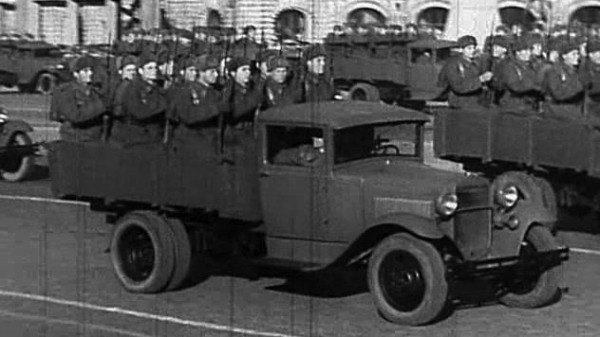Just had a rather heated argument, to put it mildly, with a friend about US involvement in funding the Nazi rearmament program. Not that I doubt there were some connections, imports, loans, etc., but my friend connected this to various IMO very ill-founded conspiracy theories about US support for the Nazis against England. That's the gist of it and the reason we got into hot water, but what I want to ask about and keep the discussion limited to here is to what extent the US contributed to Nazi-Germany before the war broke out.
I know next to nothing about this subject, but knowing this excellent forum I know that will not be the case for long, if people care to share their knowledge on this. If anybody has some good book recommendations, I'd also be grateful. Thanks in advance!
I know next to nothing about this subject, but knowing this excellent forum I know that will not be the case for long, if people care to share their knowledge on this. If anybody has some good book recommendations, I'd also be grateful. Thanks in advance!
